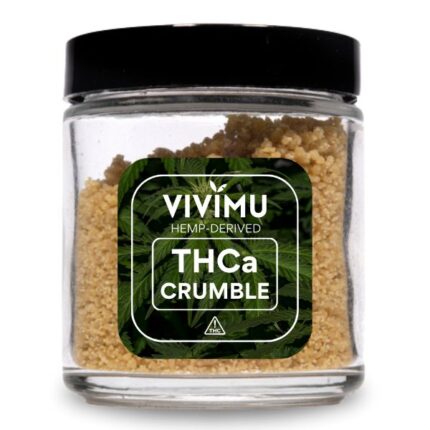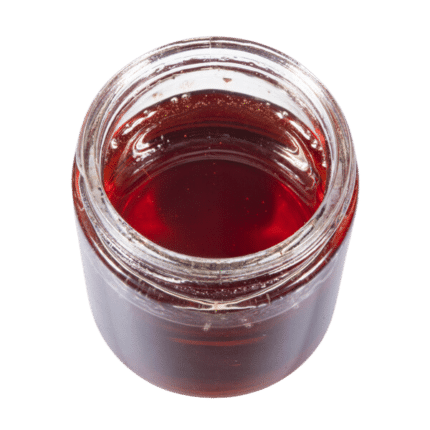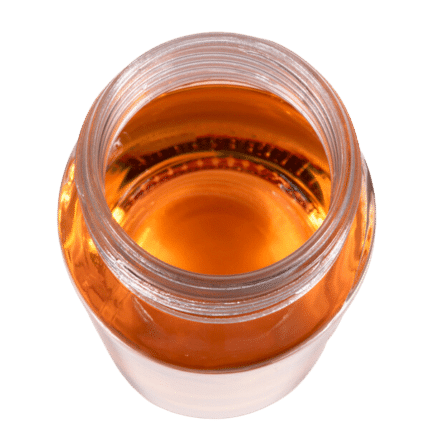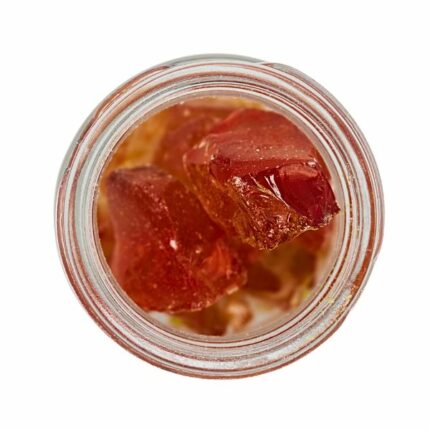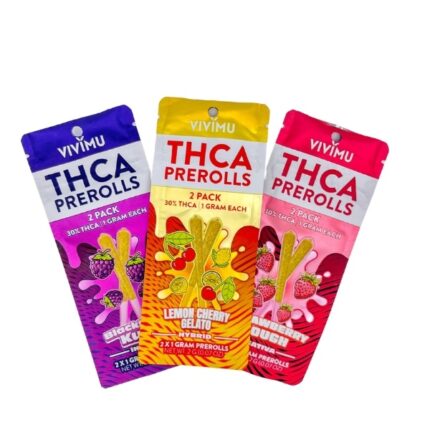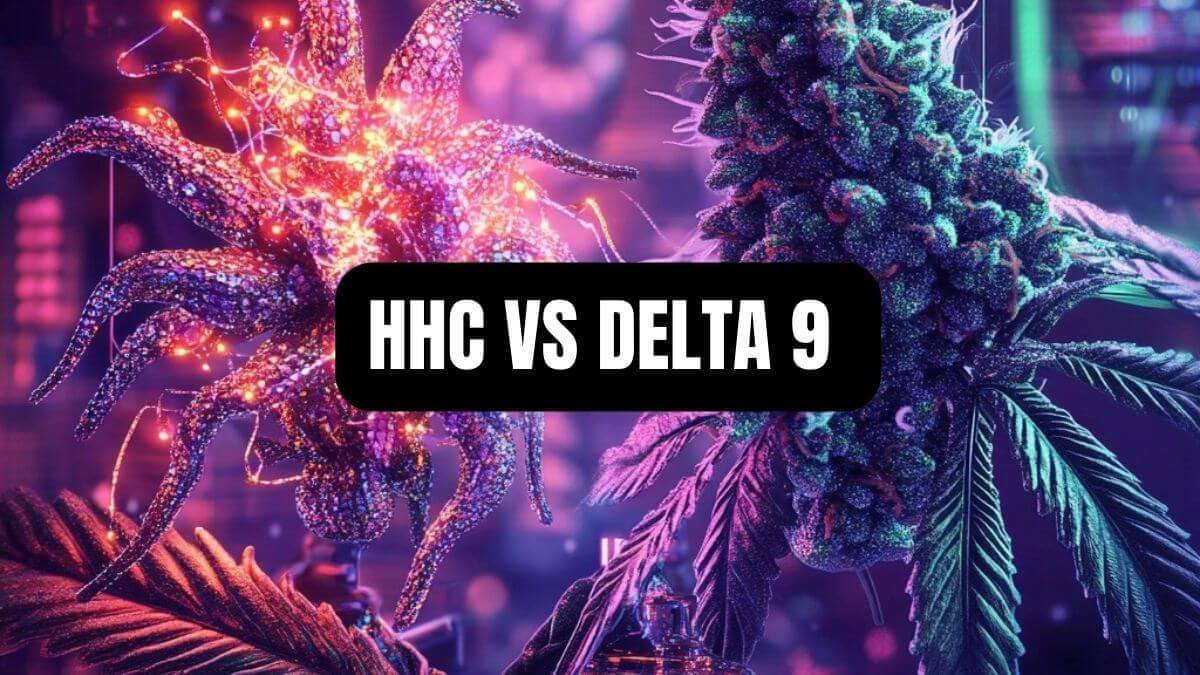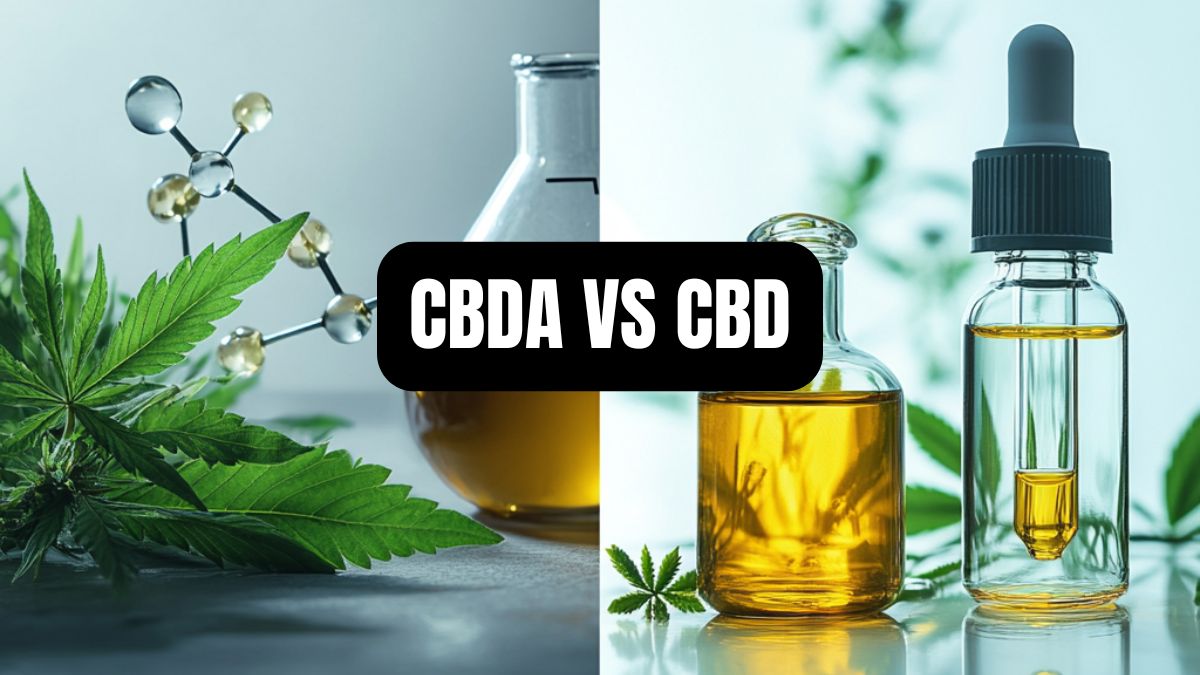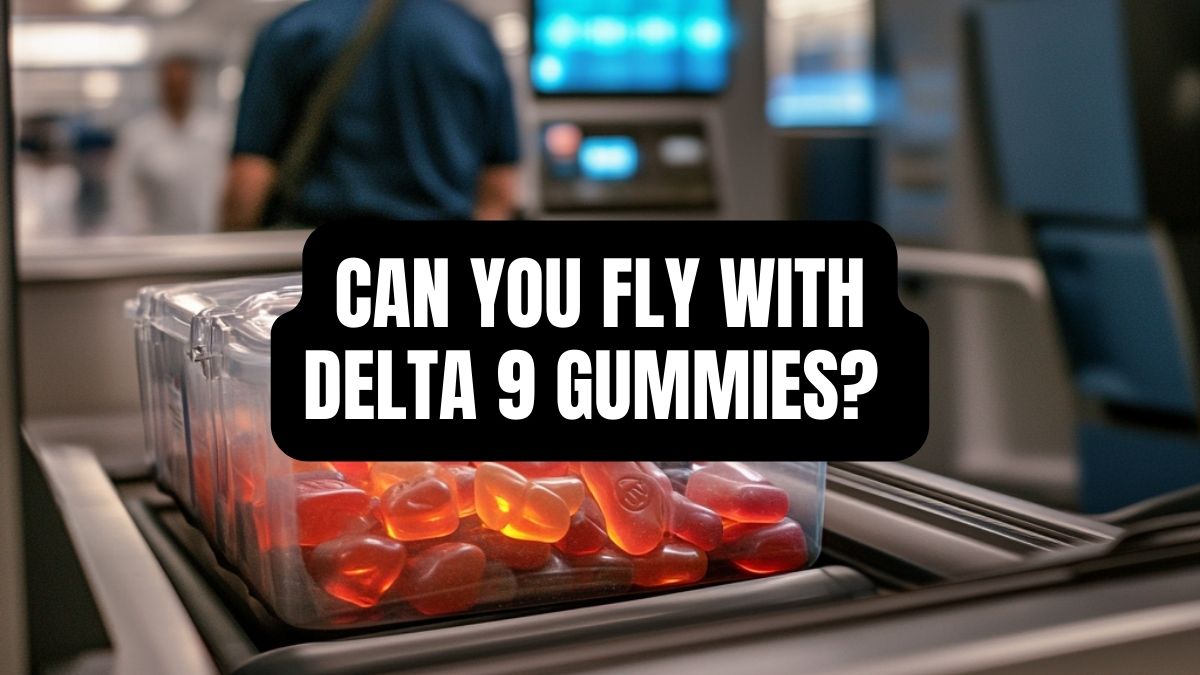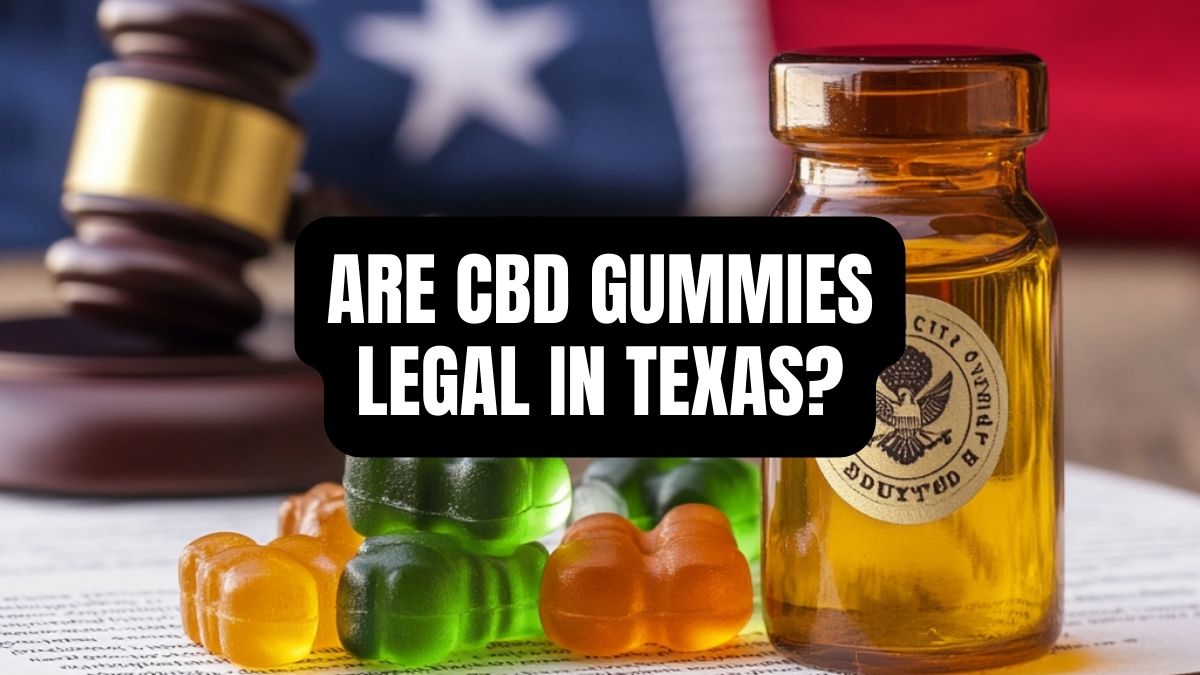
THCA and HHC are two fascinating cannabinoids that are making waves in the cannabis industry. Interestingly, there aren’t a lot of direct comparisons available when it comes to their psychoactive potency, cost, legal status, and potential effects.
In this article, we’ll explore the HHC vs. THCA discussion, offering in-depth insights into each cannabinoid and highlighting their main differences.
Key Takeaways
- Production and Psychoactivity: THCA is naturally found in cannabis plants and is non-psychoactive until heated, while HHC is synthesized through the hydrogenation of THC and is psychoactive in all forms.
- Differences in Use: THCA can be consumed raw or heated to convert into THC, providing psychoactive effects. On the other hand, HHC is directly used for its psychoactive effects.
- Legal and Cost Considerations: Both THCA and HHC are largely lawful under the 2018 Farm Bill, but state regulations vary. THCA products tend to be more expensive due to the natural extraction process, whereas HHC products are synthesized and often more affordable.
- Choosing the Right Product: Understanding the differences in effects and potency between THCA and HHC can help consumers select the best product for their needs, whether they seek non-psychoactive benefits or a psychoactive experience.
What Is THCA?
One of the many non-psychoactive cannabinoids present in unprocessed cannabis or hemp plants is thca or tetrahydrocannabinolic acid. It is the parent substance of THC, the psychoactive drug. THCA is like a caterpillar, and then it evolves into a butterfly, which is THC. When THCA comes into contact with heat, whether from cooking, vaping, or smoking, it undergoes a transformation known as decarboxylation and becomes THC. THC gets its psychoactive effects from this transformation.
-
 THCa Diamond Sauce$36.99 – $549.99 – or subscribe
THCa Diamond Sauce$36.99 – $549.99 – or subscribe -
 THCa Diamonds$19.99 – $999.99 – or subscribe
THCa Diamonds$19.99 – $999.99 – or subscribe -
 THCa Crumble$36.99 – $499.99 – or subscribe
THCa Crumble$36.99 – $499.99 – or subscribe
What Is HHC?
Cannabis plants contain trace amounts of a cannabinoid called HHC. Although it is related to THC, the cannabis industry has only lately begun to pay attention to it. “Is HHC psychoactive?” is a commonly asked question, and the answer is yes.
In contrast to other cannabinoids like THCP or THC, HHC interacts with the receptors in our endocannabinoid system in a different way. This means that even if you have a high tolerance for other cannabinoids, your tolerance for HHC might be lower. It’s important to keep in mind that research on HHC is still in its early stages, so most of what we know about its psychoactive properties comes from user reports.
-
 REC’d HHC Gummies$29.99 – or subscribe
REC’d HHC Gummies$29.99 – or subscribe -
 HHC Live Resin– or subscribe
HHC Live Resin– or subscribe -
 HHC Distillate$7.99 – $34.99 – or subscribe
HHC Distillate$7.99 – $34.99 – or subscribe
THCA Vs. HHC: How Are They Produced?
How Is HHC Made?
Hydrogenation is the process used to create HHC. This involves adding hydrogen atoms to THC molecules, altering their structure and properties. A more stable, less prone to degradation compound is the end product.
What Is Hydrogenation?
The chemical process of adding hydrogen atoms to a molecule is known as hydrogenation. This reaction modifies THC’s chemical structure to produce HHC. The THC molecule becomes HHC when hydrogen atoms are added, saturating the double bonds.
The Process of Hydrogenation to Produce HHC
The first step in the process is to select the Proper Form of THC, which is typically derived from hemp, to stay within legal THC limits.
Applying the Catalyst: Put in the catalyst, which is usually a metal like palladium, platinum, or nickel. The addition of those necessary hydrogen atoms and the breaking of the double bonds in the THC molecule are largely due to this catalyst.
Reaction Conditions: The magic happens when the THC and catalyst mixture is exposed to specific conditions, such as controlled temperature and pressure, to kickstart the hydrogenation reaction.
Formation of HHC: In this process, hydrogen atoms are added to THC molecules to change their double bonds into single bonds. This crucial chemical modification results in the creation of HHC, a cannabinoid with a unique structure and potentially different effects from THC.
Purification: The mixture that remains after hydrogenation contains residual catalysts and byproducts in addition to pure hydrogen gas. To isolate pure HHC, the mixture goes through purification steps like filtration and distillation, ensuring you get the highest quality product.
-
 8-OH Hydroxy HHC Distillate (Shatter)$29.99 – $1,499.99 – or subscribe
8-OH Hydroxy HHC Distillate (Shatter)$29.99 – $1,499.99 – or subscribe
How Is THCA Made?
THCA concentrates are extracted from the cannabis plant at Vivimu, though they vary greatly in terms of usage, form, and processing.
THCA Concentrates: Extracted from cannabis plant material, our THCA concentrates are extremely pure forms. These concentrates, which come in crystal, diamond, and isolate forms, are well known for their strength and purity. THCA concentrates are made through a multi-step process that includes extraction, purification, isolation, and crystallization. Solvents like ethanol or hydrocarbons are frequently used in these processes. These concentrates, which are usually ingested by dabbing, vaping, or mixing with edibles, heat up THCA to produce THC, which has potent psychoactive effects.
At Vivimu, we take pride in ensuring our THCA Products are of the highest quality, providing you with the best possible experience.
THCA Vs. HHC: Best Ways To Use Them
There are several THCA uses, each with a specific purpose and set of preferences. What you hope to accomplish with THCA use will determine which approach you take. For instance, THCA is exposed to heat when smoked, which causes decarboxylation and turns THCA into the psychoactive compound THC. Dabbing, smoking, and using directly are the best ways to use these products. Here are a few well-liked ways to use THCA:
Best Ways to Use THCA
- THCa Live Resin: A powerful concentrate created from freshly grown, frozen cannabis plants. (Dabbing/vaporizing)
- THCa Badder: A creamy concentrate with a high THCA content. (Dabbing/Vaporizing)
- THCa Crumble: A crumbly concentrate that’s easy to handle and use. (Dabbing)/Vaporizing)
- THCa Diamond: Pure THCA crystals that offer a potent experience. (Dabbing/Vaporizing/Bowls or Bongs)
- THCa Isolate: Pure THCA in powder form. (Mixing with other products like flowers/Dabbing)
- THCa Pre-Rolls: Convenient, ready-to-smoke joints containing THCA-rich flower. (Smoking)
Best Ways to Use HHC
HHC-infused products include edibles, tinctures, and topicals.
- HHC Gummies: Satisfying, convenient, and discreet. (use directly as an edible)
- HHC Disposable Vape: Easy-to-use, portable vaping option. (vaporizing)
- HHC Distillate: An adaptable concentrate with multiple applications. ( use directly)
- HHC Live Resin: A potent concentrate made from fresh, frozen hemp plants. (dabbing/vaporizing)
THCA Vs. HHC: Potential Perks, Potential Effects, and Potential Side Effects
What Are The Potential Perks and Potential Effects of HHC?
HHC may have physiological effects similar to the traditional cannabis THC “high.” Nonetheless, the potential effects of cannabinoids can vary greatly among people due to variables like biological composition and prior levels of tolerance. Compared to other cannabinoids, HHC interacts with endocannabinoid system receptors differently, which may lead to stronger potential effects even in people who have a high tolerance to THC. HHC’s possible advantages and disadvantages are still being investigated, and the FDA has not given its approval for its use in medications, supplements, or food.
Potential Side Effects of HHC
HHC could have negative effects just like any other cannabinoid. These may include lightheadedness, red eyes, and dry mouth. It is critical to start with a low dosage and keep an eye on how your body reacts. A better knowledge of the safety profile and adverse effects of HHC will become apparent when more research is done. As a reminder, the FDA has not approved of HHC or any kind of HHC product.
What Are The Potential Effects and Potential Perks of THCA?
THCA is not psychoactive when taken unprocessed. When heated, it changes into THC, which is known to have certain effects. The fact that THCA converts into THC when it undergoes heat is a big perk in most people’s eyes. The potential advantages of THCA are still under research, and the FDA has not approved its use in food, supplements, or drugs.
Potential Side Effects of THCA
THCA itself is non-psychoactive, but when converted to THC, it can cause all the common side effects that are related to THC.
Potency: Is HHC Stronger than THCA?
At Vivimu, we are aware that the THCA’s form affects how potent it is in relation to HHC. In this situation, HHC is more potent than raw THCA because it is psychoactive in all forms and can cause the desired effects associated with cannabinoid highs. Raw THCA does not produce a high. That being said, THCA turns into THC when heated, whether by smoking, vaping, or other means. As a psychoactive cannabinoid, THC surpasses HHC in potency and strength in this converted form.
Their psychoactive characteristics are the primary distinction between THCA and HHC. HHC is psychoactive and likely to cause a high, but raw THCA is not psychoactive and does not produce a high. The psychoactive potency of THC is greater than that of HHC when THCA is heated to produce it. At Vivimu, we ensure that you have all the information needed to choose the right product for your desired effects.
Legality: THCA vs HHC
At the federal level, THCA and HHC are governed by the same legal heading. The 2018 Farm Bill has made these cannabinoids largely lawful. Nevertheless, THC and other cannabinoids are subject to tighter laws in some areas. Therefore, in order to find out whether THCA or HHC Products are allowed in their location, users must be aware of state legislation. The FDA has not approved the use of THCA or HHC in food, supplements, or drugs.
Cost: THCA vs. HHC
At Vivimu, we offer both THCA and HHC products at competitive prices, but there are some differences in cost between these two cannabinoids.
Our THCA Isolate is currently priced at $25.99 for 1 gram, which is a $10 discount from our regular price. We also offer a bulk option of 28 grams for $529.99, providing great value for those looking to purchase larger quantities.
As for our HHC products, we have a range of options, including HHC Distillate starting at $7.99 for 1 gram, with larger quantities available at discounted rates. Our HHC offerings also include various strain-specific distillates and other formulations.
-
 THCa Isolate$14.99 – $239.99 – or subscribe
THCa Isolate$14.99 – $239.99 – or subscribe -
 THCa Badder$36.99 – $499.99 – or subscribe
THCa Badder$36.99 – $499.99 – or subscribe -
 THCa Pre-Rolls$19.99 – $34.99
THCa Pre-Rolls$19.99 – $34.99
While the production processes for THCA and HHC differ, we strive to keep our prices competitive for both cannabinoids. The cost can vary based on factors like potency and product type, but we aim to provide high-quality options at accessible price points for both THCA and HHC enthusiasts.
For the most up-to-date pricing and to explore our full range of THCA and HHC products, we encourage you to visit our website at vivimu.com. Any inquiries you may have regarding costs or product choices can be directed to our team at any time.
Final Thoughts: Where to Find the Best HHC and THCA Products Online?
Looking to buy HHC and THCA products online? Check out our collection at Vivimu. A wide range of premium products are available from us, such as THCA Live Resin, THCA Crumble, THCA Badder, THCA Diamond, THCA Isolate, THCA Pre-Rolls, HHC Gummies, and HHC Disposable Vapes. Every product we sell is accompanied by a Certificate of Analysis (COA) as an assurance of quality and purity. Choose your favorite now by looking through our collection!
Are there any other intriguing questions you have about THCA and HHC that we can assist you with? The following articles discuss THCA and HHC. To learn more about THCA or HHC, visit our blog section or contact us via email at support@vivimu.zendesk.com. Additionally, you can reach us by phone at +1 720-955-1667 with any questions. We are a friendly bunch, so do not be afraid to ask! We have super knowledgeable support staff on hand to help you!

